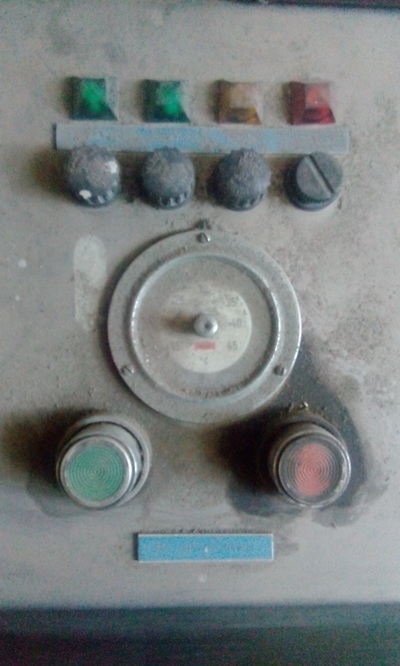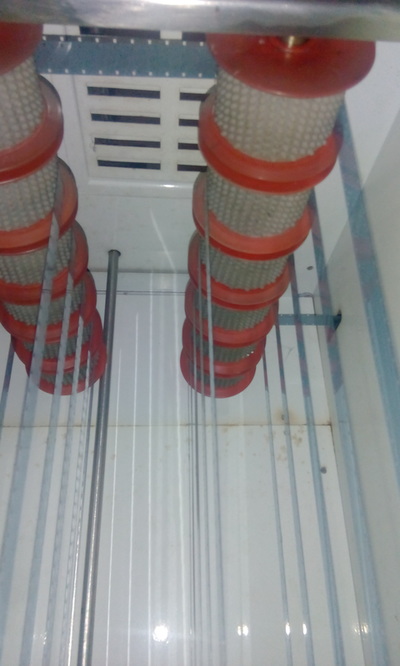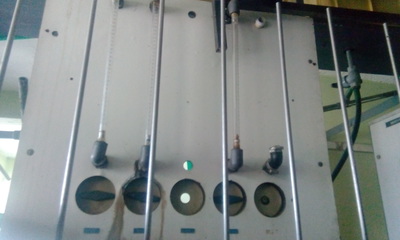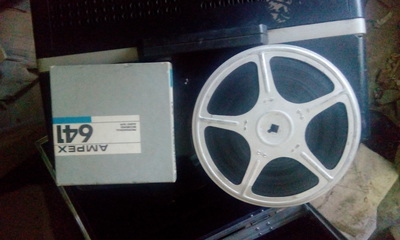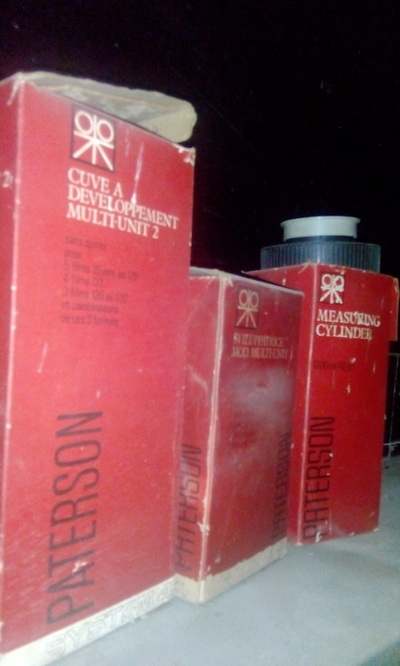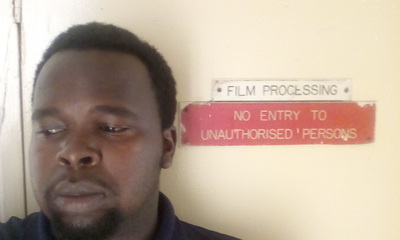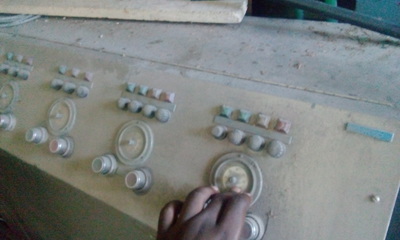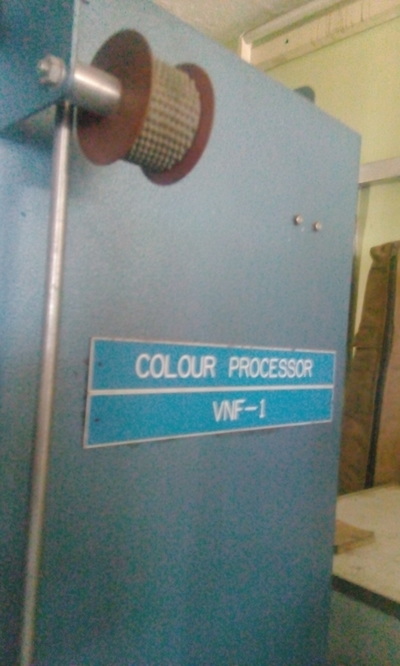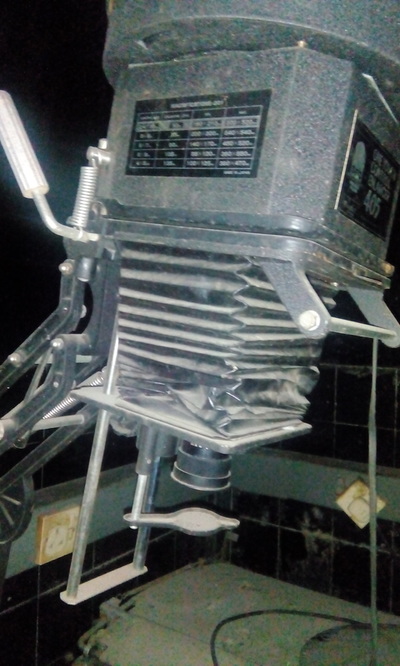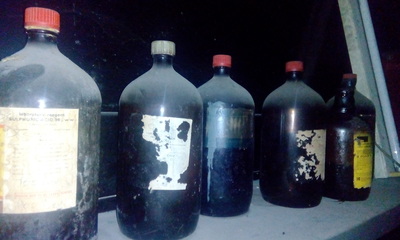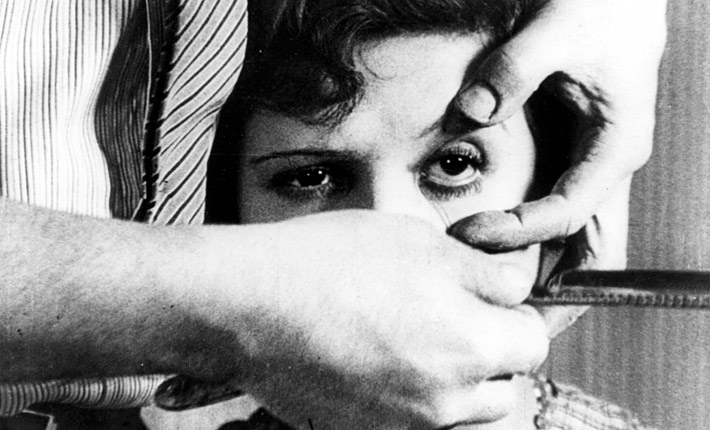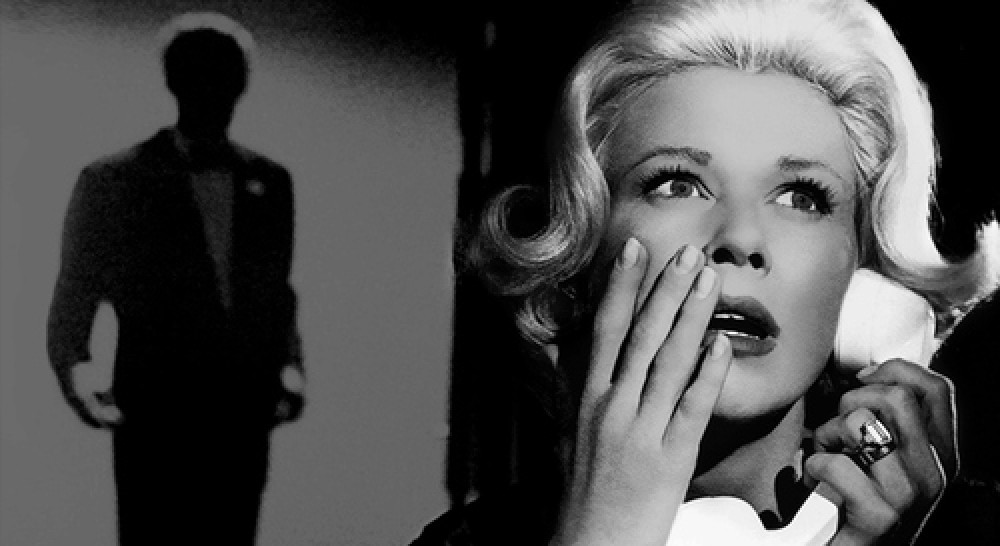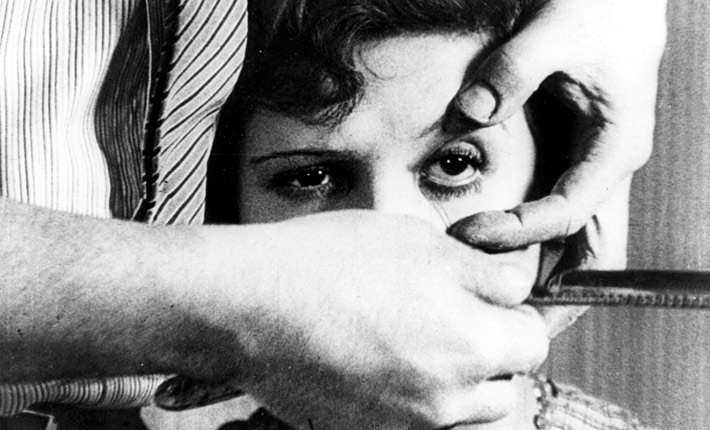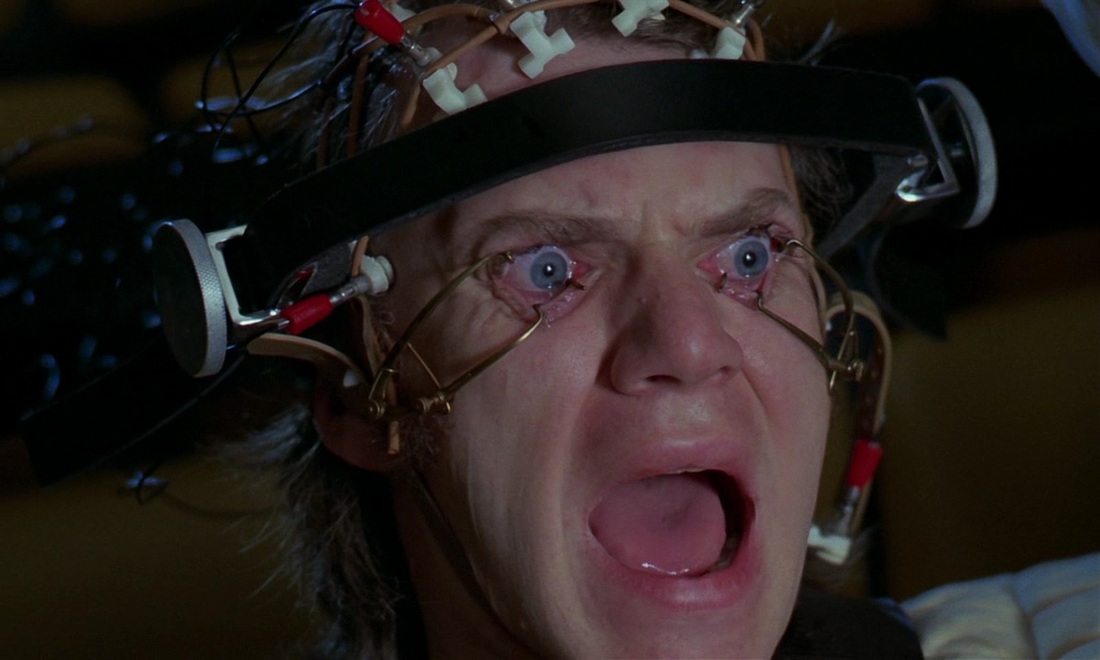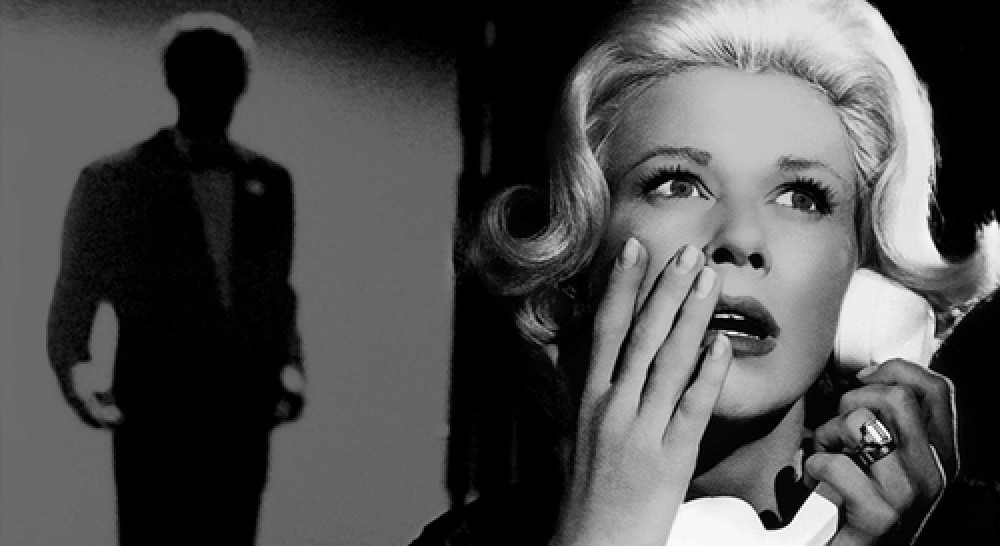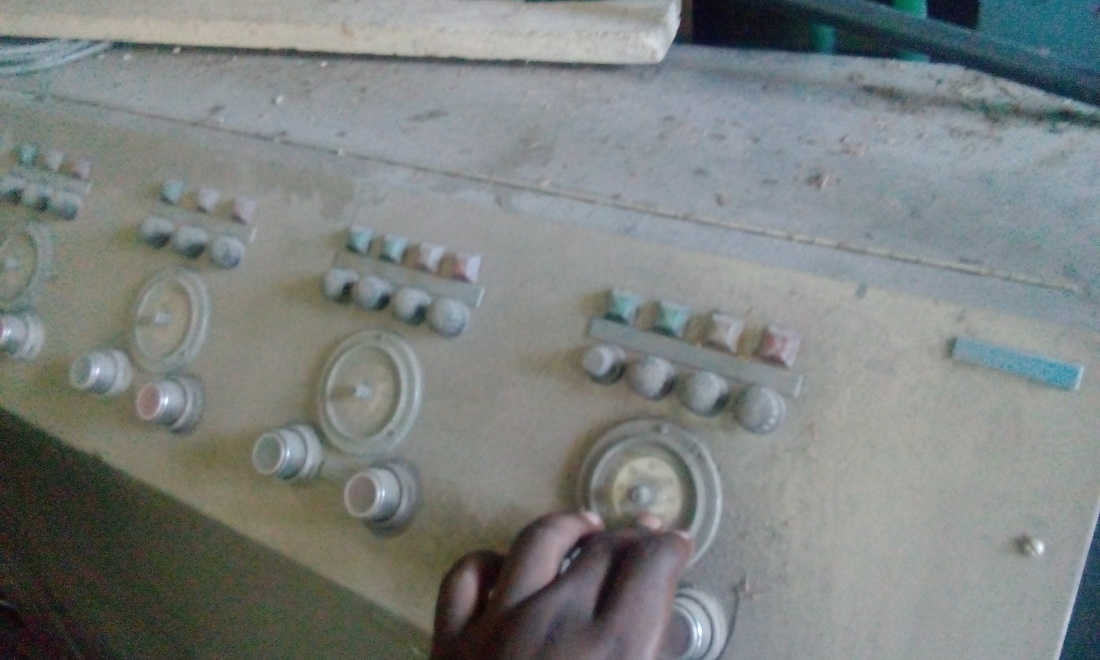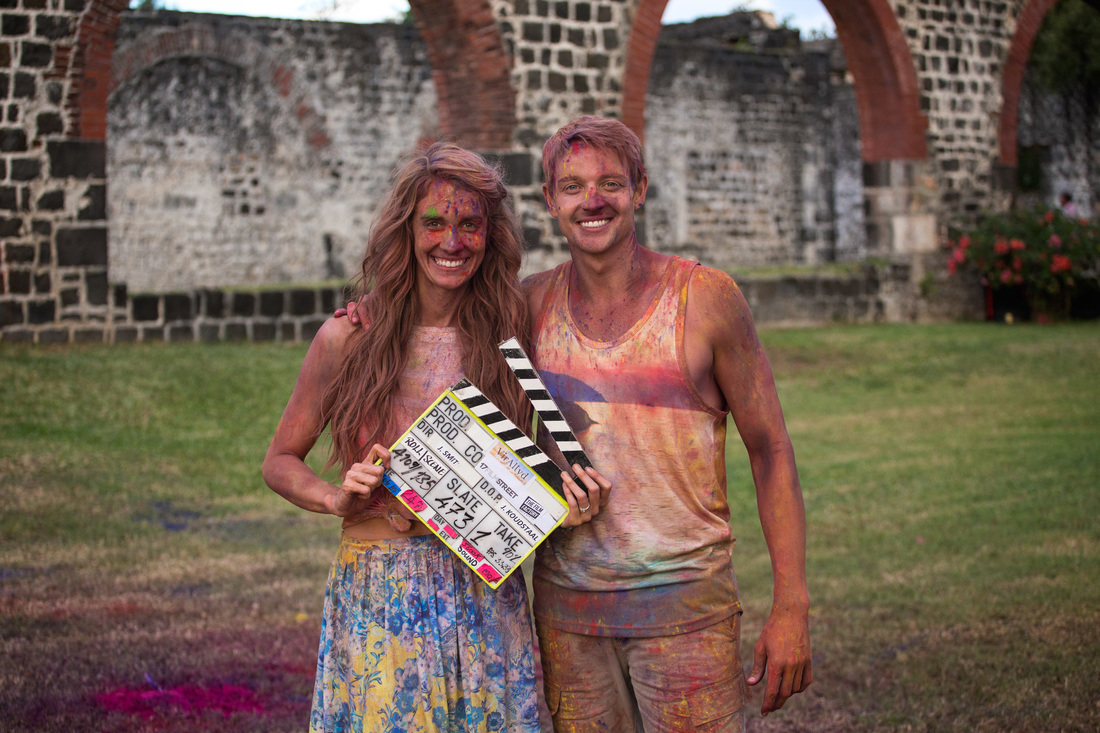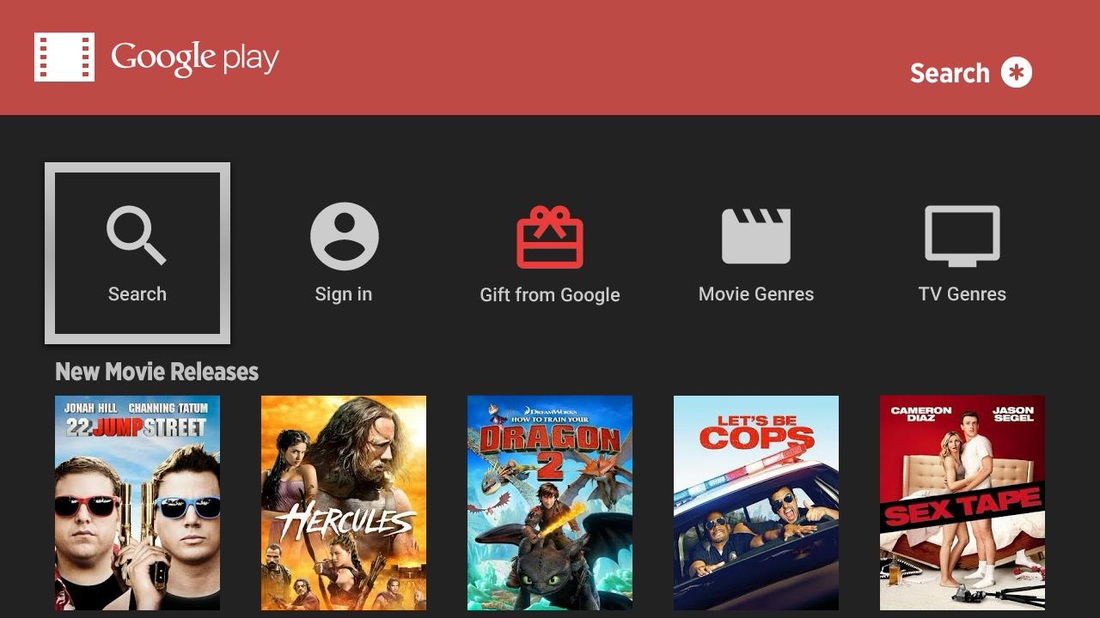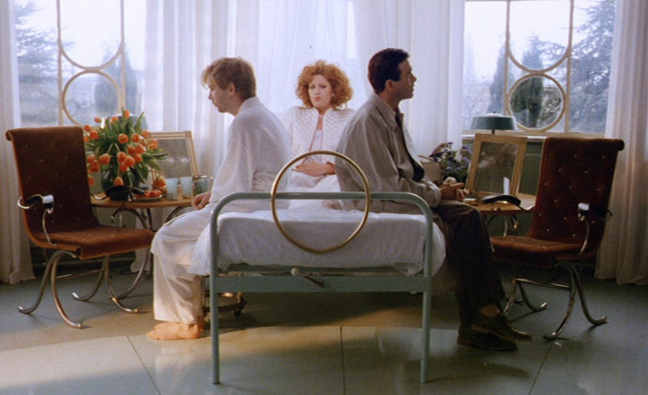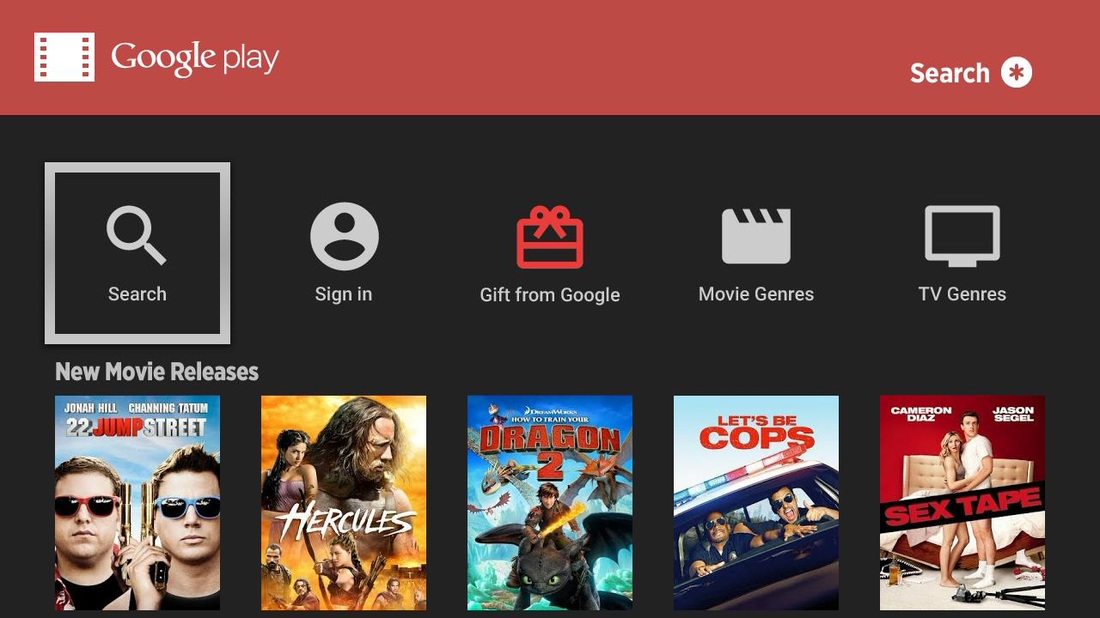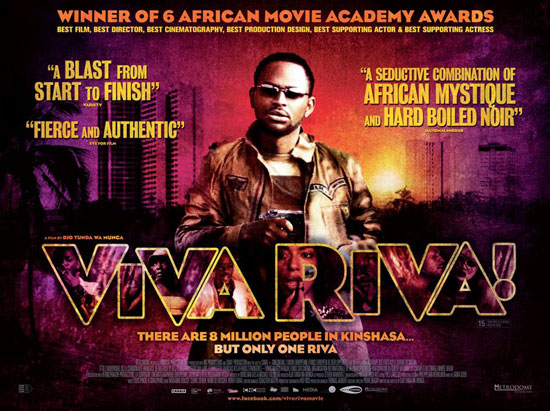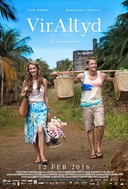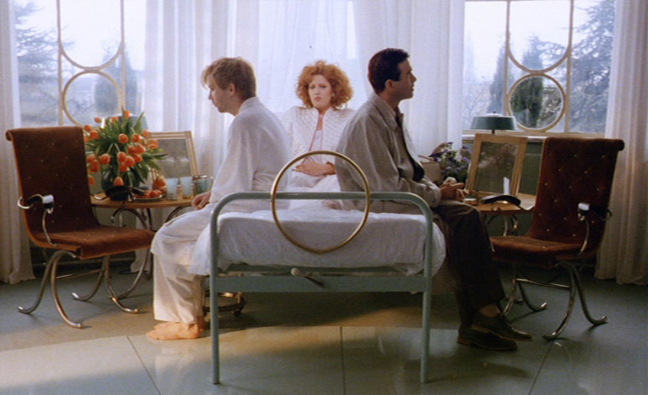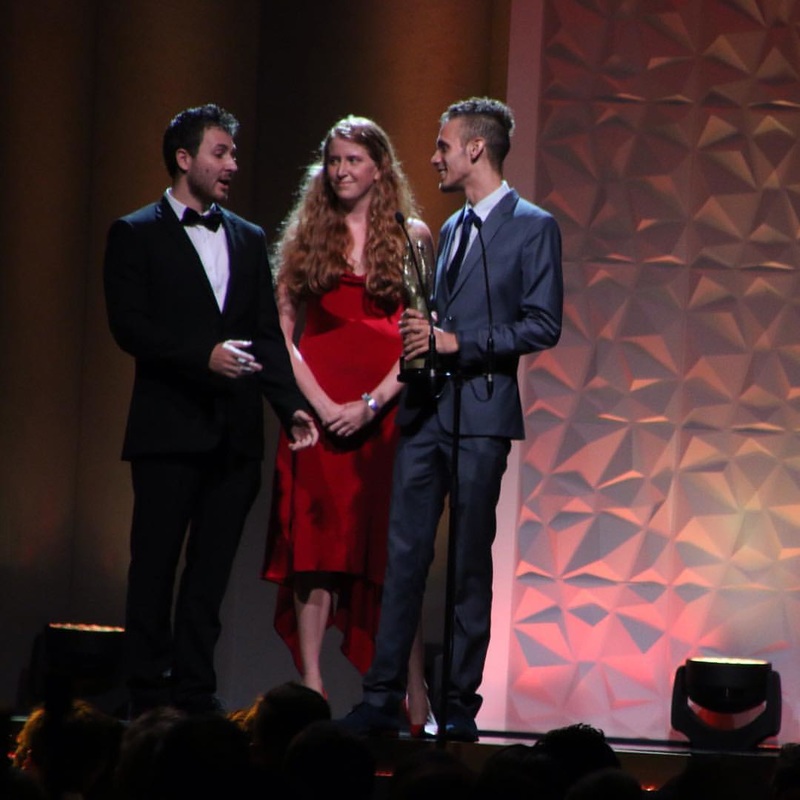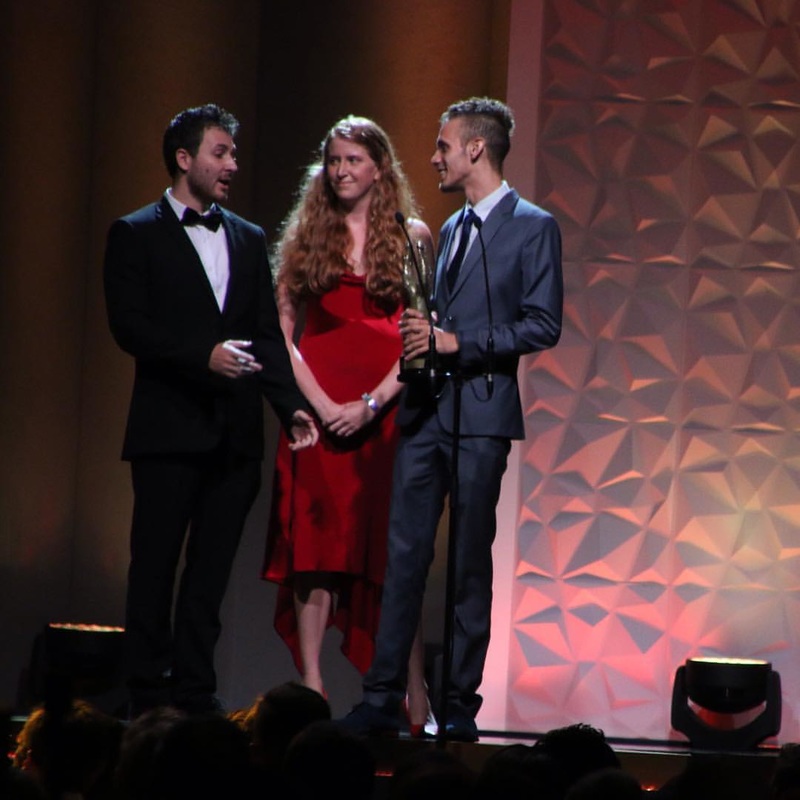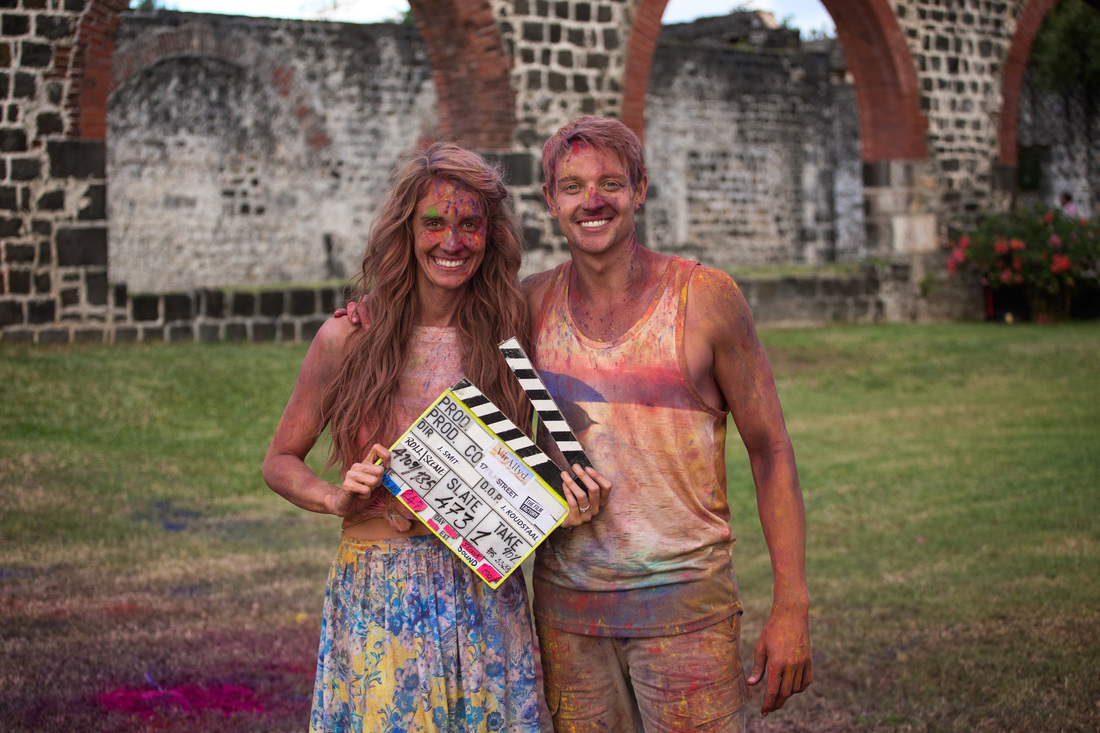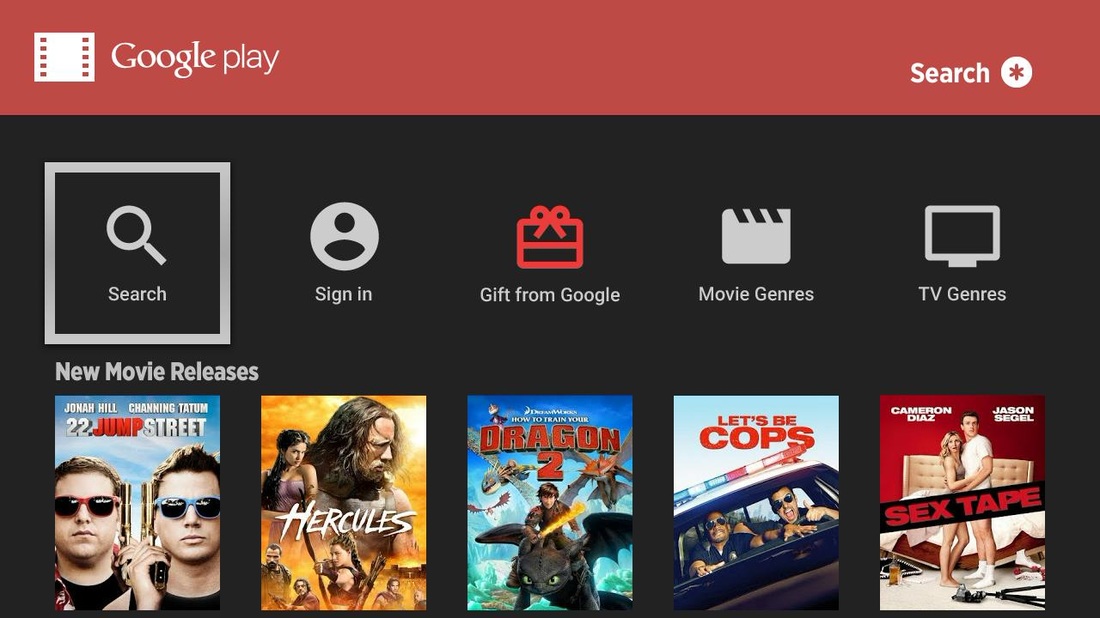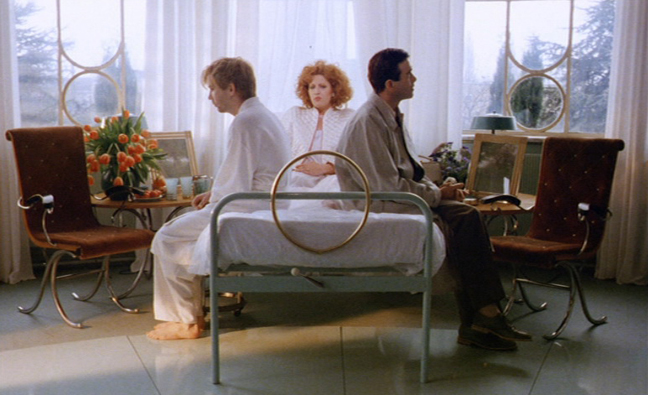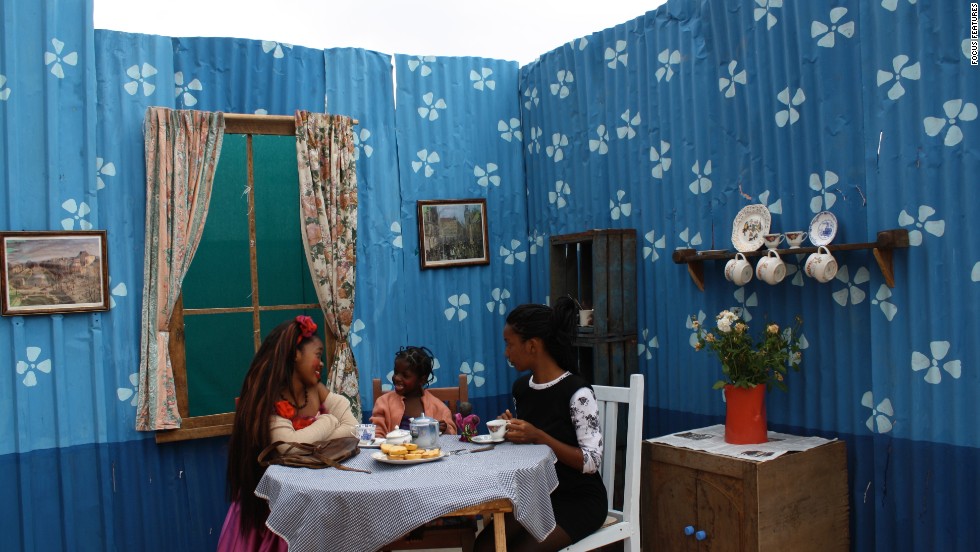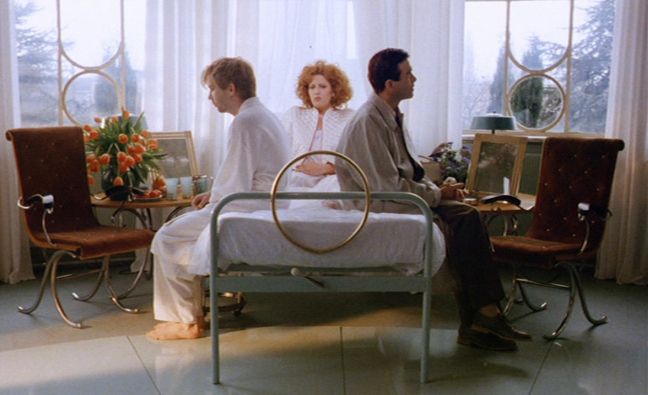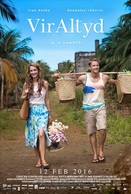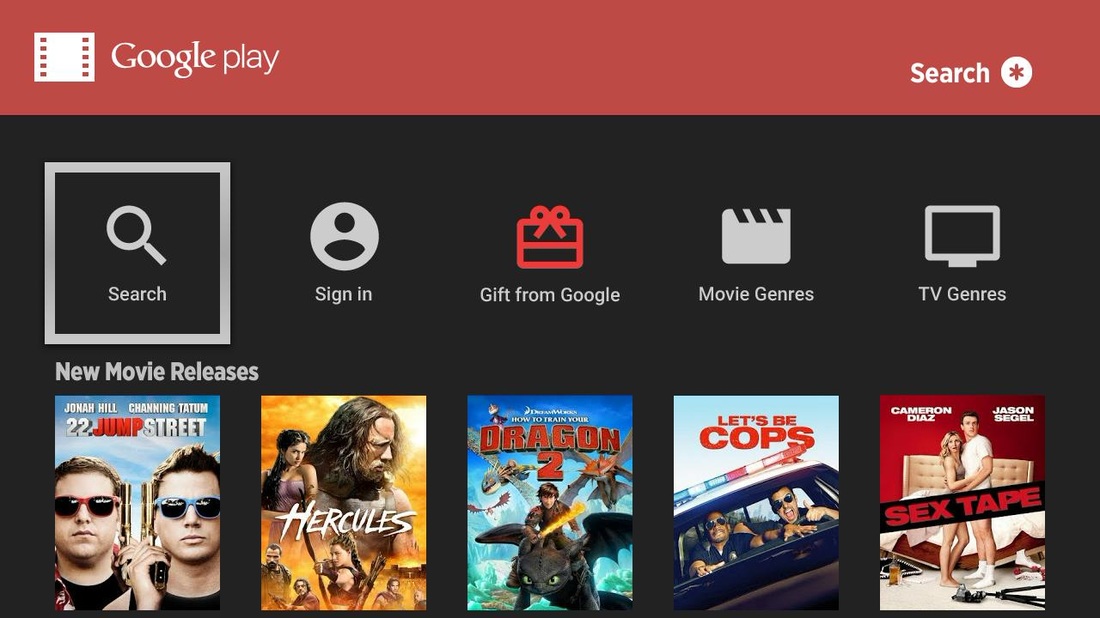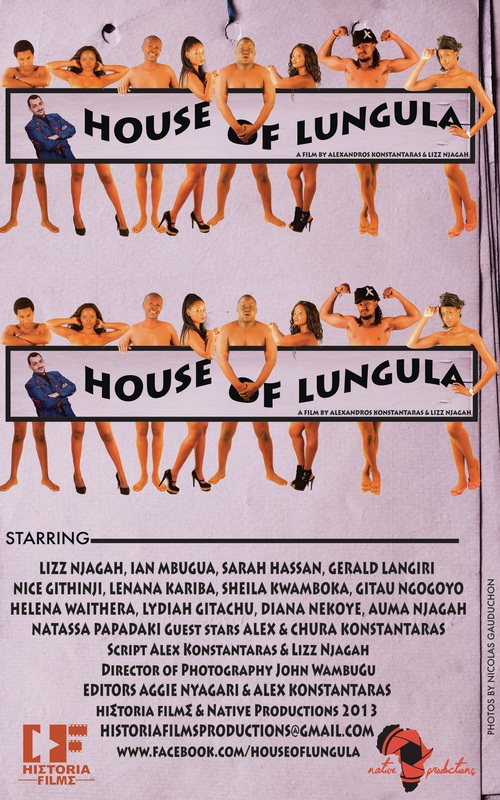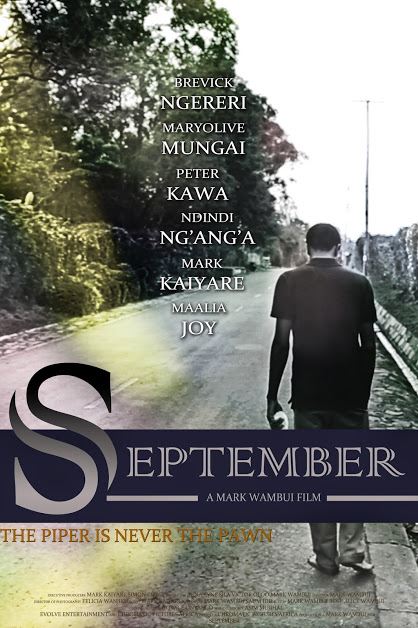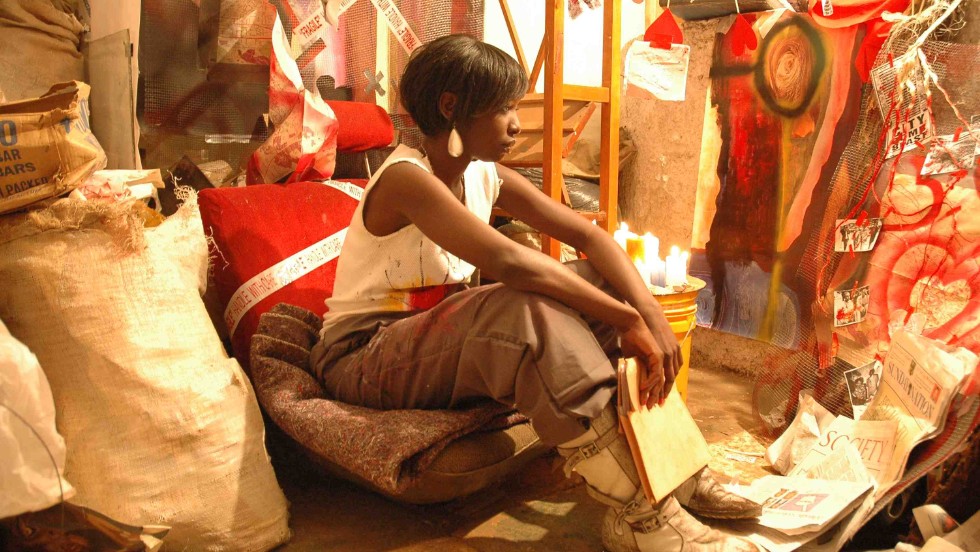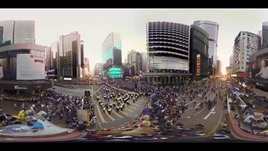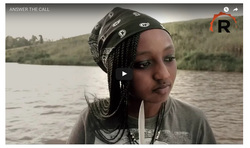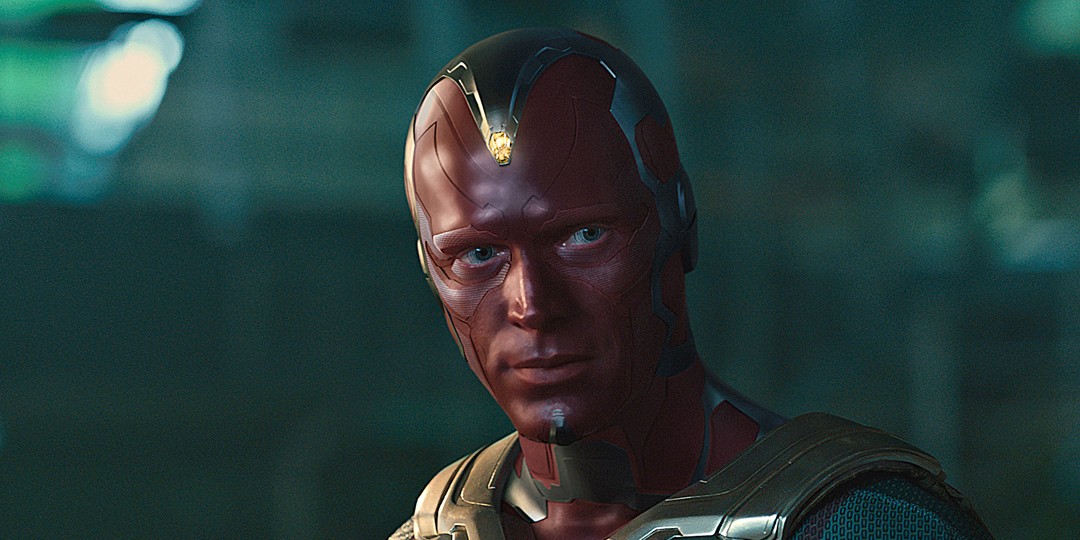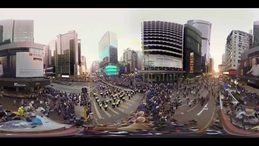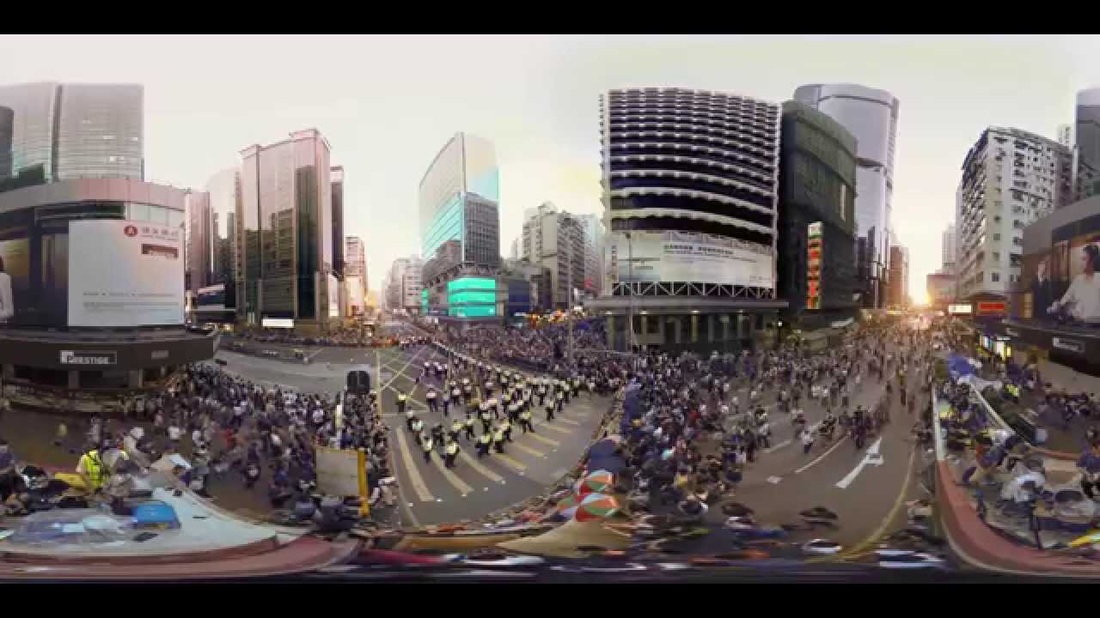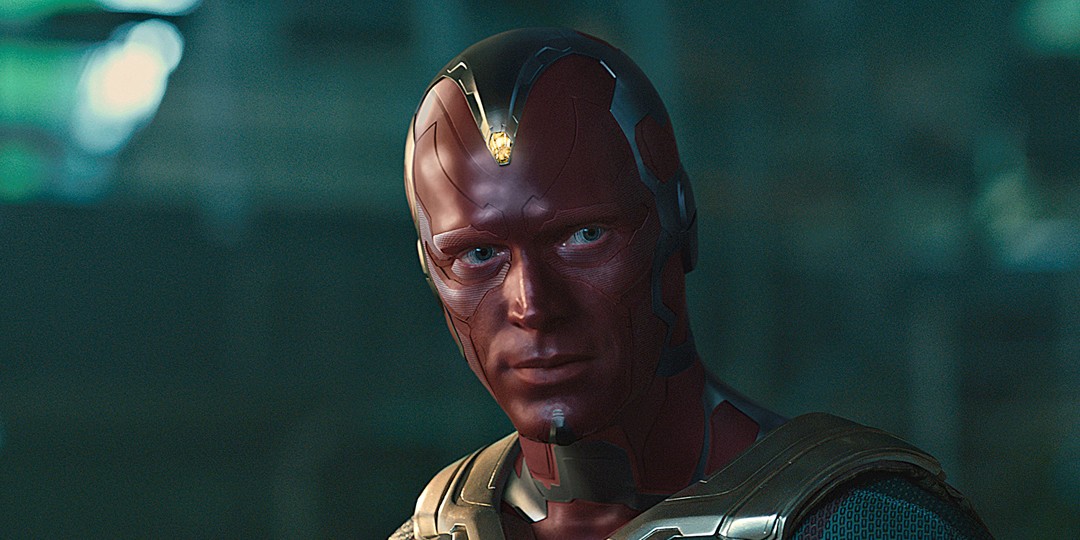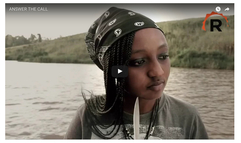|
In my on going engagement with this beautiful film industry of ours in Kenya, I have met enough of my peers who have no idea that in Kenya, our government actually owns two 35 millimeter film cameras, a good set of cinema lenses, two 16mm film processing stations and a couple of Telecines... lying unused. The last time we used our 35mm cameras was in 2002 during the inauguration of Mwai Kibaki as Kenya's third president.
A couple of weeks ago I traveled down to the Coast to have the final look at our film processing plant in Mombasa before it was fully demolished. It was, personally speaking, an emotional and ravishing experience being there, looking through all these tools and gadgets that at one point in the 70s and 80s were ragging with stories. The scent of the chemicals can be quite overwhelming but it doesn't matter, for a filmmaker born into the world of cinema in the digital era, you constantly walk around with this inward beckoning - how would it feel like to shoot and process film? It's almost as if the day I do, I will finally be at peace with myself and my craft.
After the demolishing of the Mombasa film processing plant, I will sadly tell you the remaining one which is actually the biggest of the two doesn't work as well. The history of how Kenya's biggest film processing station, located at the Kenya Institute of Mass Communication came to a stop in the 90's is the most interesting part of this whole story. You wouldn't believe it.
To give you a bit of history, Kenya's Film Industry was established by the British who used film to make propaganda films against the Mau Mau, but it is the Germans who build Kenya Institute of Mass Communication and set up the film processing plants in Nairobi and Mombasa. KIMC was an elite school and very few people made it through the selection process, to give you a sense of context. Training a filmmaker then was next in line to training a doctor. The capital the government had invested in setting up all the facilities was huge.
To put matters in to context, by that period in time none of the teachers in the institution had made films. The cost and requirements of making one was far fetched so they stuck in the craft of making documentaries. Documentaries were less demanding cost-wise and that did not appeal to these two students, they just couldn't see themselves making documentaries. They wanted to make action films. So in 1994, they did the impossible, they set out to make a film, it was their senior year at the institute. The film would be called 'Splash Yesterday' (strange title but hey, am not gonna judge) and so in 1994 the two raised 50 thousand shillings each from friends and family. The news spread like wild fire - Two KIMC students are making the institutions first feature film. This was the beginning of the end. How could students be the first to make a feature film? What would it make of their lectures! So a few days into their project with the main scenes being shot in Ukambani and sent to Nairobi for processing and development of dailies. It is said, that someone intentionally (allegedly the teachers) sabotaged the film processing station and it all came to a sad halt. The film was never finished and the station could not be used. It is said whatever was done to it was something minor and repairable but sadly, since then the station has never been operational. The dawn of the new digital age spelt disaster. It has never recovered.
At this point I felt both angry and saddened. We had such an opportunity that lays in ruins and dust. In the 70's and 80's we would have the Kenya News Reel that screened before movies at the cinemas. It was shot on 35mm film by Kenyans in Kenya. Interestingly enough, the last year this material was taken to the cinemas was in 2003. Why is all this material? If our processing plant were brought to a sad halt so early, I feared for our archives. Luckily most of our film negatives were first stored in Australia but now it's all Archived in Britain. Am crossing fingers that it's all still there.
A lot of the 1975 to 1994 students moved on with their lives and for those who stayed in film, only a few were able to adopt to the new digital world. Having met a couple of them they are trying as much as they can to keep up with this constantly evolving digital age. I also hope to learn from them before all this information and experience passes us by.
0 Comments
As the first showcasing of Africa's first Superhero Tv series, Jango comes to an end on the 4th of March on BET Africa Channel 129. We have some much to look forward to as a continent from this first great and bold step.
Jongo is the story Eli King who discovers a mysterious crystal at the site of his father’s murder, which imbues him with an array of special powers. As he tries to deal with the death of his father and find the men responsible, Eli must also grapple with the powers of the crystal and how it will indelibly alter the course of his life. What Eli doesn’t know is that the men he is hunting have crystals of their own and need Eli’s stone to fulfil an ancient and devastating prophecy which will threaten the lives of millions. And caught up in the middle of everything is Eli’s best friend, Kay, and the love of his life, Maya. Watch Trailer below.
Jongo is a series from Johannesburg-based film and television studio, Motion Story. It was picked up for distribution by Discover Digital, South African network e.tv and Ebony Life TV, to be distribution partners for the series
something quite different from the other shows currently on air in this genre... We wanted to ensure authenticity – to produce something that people can connect with... In casting, we specifically sought out people who are closely aligned to the characters we’ve written.”
Vir Altyd is a romantic adventure film that tells the story of Nina (Donnalee Roberts) who believes in fairy tales but despite her meticulous planning of her wedding day, her fiancé leaves her embarrassed and betrayed at the altar. During a wild night of partying, brought on by shock and grief, Nina convinces Hugo (Ivan Botha) to go to Mauritius with her because she still insists on going on honeymoon – apart from the fact that she hasn’t seen Hugo for ten years.
South African romantic adventure film Vir Altyd has surpassed the number one spot in earnings at the local box office for Afrikaans films. After four weeks on circuit, Vir Altyd, produced by the same team as Pad na jou Hart, has earned R13.4 million, breaking records and leaving the filmmakers feeling grateful and humbled.
Ster-Kinekor Entertainment, the distributor of Vir Altyd, has released the following statement: "We confirm thatVir Altyd now has the highest box-office income for an Afrikaans movie. It has surpassed the box-office earnings of Liefling and Pad na jou Hart and stands on USD878979.83. We are overjoyed with the success. We congratulate the producers and everyone involved on this achievement. The film is still showing countrywide,” said Pieter Geldenhuys
After the movie’s success, Ivan Botha and Donnalee Roberts, writers, co-producers and leading actors of the film, say: “It’s such a great honour and privilege for us to reach this milestone. We’re indescribably grateful to each and every person who has watched Vir Altyd, the feedback has been overwhelming and we appreciate it endlessly! We really hope that the support for Vir Altyd will build momentum for all the upcoming local films that will release this year in order for our South African film industry to go from strength to strength!”
Vir Altyd was produced by 17FilmStreetMedia and The Film Factory. Source: ScreenAfrica, Channel 24
Androids users in SA are experiencing an all new-look Google Play Store, with a new entertainment section, but what’s in it is even more surprising.
It started with access to books, followed by Music but just recently Google has launched Play Movies in South Africa. Play Movies is the tech company’s answer to movie-renting services already available online, making the traditional video renting store even more obsolete.
The Google Play Movies allow South Africans to rent or even purchase films, watchable on their smartphones, tablets, computers and smart TVs. Titles available include the latest Hollywood blockbusters and even a few old-time favourites. Locally produced films are yet to have their place in the store, but Google South Africa is working on it.
Movies are available for rent from USD1.31 and when rented the user has 30 days to watch most of them. More recently released movies are priced slightly higher with some prices hovering around the USD2.30 mark.
This presents a new frontline battle for DSTV after the recent entry of Netflix into the African market. We are waiting to see where this battle boils down to with consumers being the biggest beneficiaries either way
Source: News24 Tech
Full Story: Fin24.com | The lowdown on Google Play’s SA switch-on
The South African Film and Television Awards (SAFTAs) announced the winners in the Non-Fiction and Technical categories on Friday 18 March at a gala event held at Gallagher Estate in Midrand. Here is a full list of the winners
Best Achievement in Scriptwriting in a TV Drama
Zandile Tisani, Nonhlanhla Simelane, Napo Masheane, Arthur Zita, Tim Greene (Umlilo) Best Achievement in Art/Production Design in a TV Drama Vallery Groenewald (Umlilo) Best Achievement in Art / Production Design in a Made for TV Movie Charlette Coetzee (Ingoma)
Best Achievement in Art/Production in a TV Soap
Dylan Lloyd, Carlu Portwig and Henrietta Moutinho (Isibaya: Season 3) Best Achievement in Make-up and Hairstyling in a TV Soap Bongi Mlotshwa (Generations the Legacy) Best Achievement in Costume Design in a TV Soap Rochelle Selling (Isibaya 3)
Best Current Affairs Actuality Programme
Carte Blanch - Dying for Water in Madibeng (Combined Artists Production) Best Variety Show Galaxy Of Stars 2014 (Don’t Look Down Productions) Best Talk Show Republiek Van Zoid Afrika (Brainwave Productions) Best Game Show Down For The Guap (Launch Factory) Best Music Show Sessions of 76 (Don’t Look Down Productions) Best Achievement in Sound Design in Documentary Short Chris Bornman (Cape Town Carnival 2015: Elemental) Best Achievement in Editing in Documentary Short Garth Kingwill (Cape Town Carnival 2015: Elemental) Best Achievement in Cinematography in Documentary Short Garth Kingwill (Cape Town Carnival 2015: Elemental) Best Achievement in Directing in a Documentary Short Enver Samuel (Indians Can’t Fly) Best Documentary Short Indians Can't Fly (EMS Productions) Best Achievement in Sound Design in Documentary Feature Daniel Eppel (The Boers at The End of The World/Boere op Die Aardsdrempel) Best Achievement in Editing in Documentary Feature Richard Gregory, Ronelle Loots (The Boers at The End of The World/Boere op Die Aardsdrempel) Best Achievement in Cinematography in Documentary Feature Richard Gregory (The Boers at The End of the World/Boere op Die Aardsdrempel) Best Documentary Feature The Dream of Shahrazad (Undercurrent Film & Television) Best Achievement in Scriptwriting in a Feature Film Tertius Kapp (Dis Ek, Anna) Best Achievement in Art / Production Design in a Feature Film Christian Joubert (Dis Ek, Anna) Best Achievement in Make-up and Hairstyling in a Feature Film Julia Rubinstein (Dis Ek, Anna) Best Achievement in Costume Design in a Feature Film Rae Donnelly (While You Weren't Looking) Best Achievement in Sound Design in Feature Film Basiami Bibi Segola (Hear Me Move) Best Achievement in Original Score in Feature Film Mpho Nthangeni ( Thina Sobabili) Best Achievement in Editing in Feature Film Matthew Swanepoel & Team (Necktie Youth) Best Achievement in Cinematography in Feature Film Chuanne Blofield (Necktie Youth)
The concept of symmetry sounds simple and familiar, yet symmetry is far more complex and difficult to apply in practice than one might think. The visual power of symmetry is so great that filmmakers often avoid or are advised against using symmetrical picture compositions. And this is not so odd, for if symmetry is used randomly and thoughtlessly, one runs the risk of creating visual disturbances in the narrative of the film. On the other hand, the filmmakers who master the art of symmetry wield a powerful visual aid capable of communicating complex meanings that cannot otherwise be conveyed visually.
Zed and Two Noughts
Stanley Kubrick seemed obsessed with the use of symmetry in his films. Probably due to the fact that many of Kubrick’s films are, one way or another, violent, different authors have associated that search for symmetry with the desire to create a psychological reaction in the audience, like the one felt when viewing the long corridor sequences in “The Shining”. The effect is so intense that even when nothing is happening, viewers tend to expect something to happen.
symmetry is the basis for a humorous take instead of a horror moment. So, although Anderson is paying homage to Kubrick’s work, he is using the same language in completely different ways.
If this is a concern I think that a sophisticated use of symmetry could circumvent such problems. And whatever the approach, my advice is as follows: Rather than accentuating insignificant events in the film, it is important to emphasize those that are important at the right time. In addition it is important to remember that like any other filmic device the effect of symmetry is weakened by frequent use.
source: ProVideocoalition, Louis Thonsgard
I recently read an article by Kwame Owino a Daily Nation newspaper writer who published an article stating subsidies for wealthy movie studios won't help Kenyan film and as much as he laid out quite a few good pointers. I really don't think he was able to look at the full spectrum of how it could benefit Kenya's film industry before pronouncing it a dead end. So I will take a chance in demonstrating how I could possibly package the nitty gritty from the perspective of a Film Producer and a Minister/Cabinet Secretary. So hear it goes...
What is a Tax Incentive?
A tax incentive is an aspect of a country's tax code designed to incentivise, or encourage a particular economic activity.
they are analysing factors in the number of jobs that will be lost in other areas of the state’s budget due to cuts. Of course, these cuts have negative ripple effects throughout the economy just as the newly created jobs have a positive impact. By contrast, the Filmmakers only looks at the positive effects of the new jobs that are created.
Despite the considerable differences, everyone agrees that the tax incentives have a positive impact on the economy. However, that’s not really saying much, since almost any form of government spending is likely to have a positive impact on the economy.
Is it necessary for Kenya?
What I would implement - As Minister of Sports and Culture
I would start my declaring I AM ANTI CORRUPTION!! (That's a wink wink for you Mr. President on your next cabinet reshuffle). Moving forward. I really think looking at this incentive as a way of attracting foreign films to Kenya is not the right window to be looking through. I think looking at it as a way of providing jobs, training and growth to the Kenya's Film Industry should be the only window to package our incentives.
How I would tackle it is by providing a range of rebate options ranging from 33% to 10% for foreign film companies. At 33% you would need to satisfy conditions such as 90% of the Production needs to happen in Kenya, a strict number of above the line and below the line employees have to be Kenyan, notably you will need a Kenyan co-producer, with a minimum number of crew to be used, while at 10% rebate you will need to meet an amount of local expenditure threshold, a number of necessary below the line intakes and you would need to sell the tax credit to a Kenyan company to receive the cash. I would however provide a 20% tax rebate for any fully Kenyan owned production that spent 1 million and above shillings within Kenya from pre production to post production. Tax credits to individuals or companies that invest 5 million shillings and above into a film or TV show that is produced and released in Kenya. Why I need Tax incentives - As a Kenyan Producer
What do you think of my tax incentives plan? Do you have ideas of your own? We welcome you to share them in the comments section.
by Mark Wambui As a filmmaker I think the hardest thing that happens is looking at the social pages on your facebook feed where other filmmakers converse and seeing a string of comments that are full of anger, complaints and a mash of disgruntled artists. It at times makes you feel like were are caught up in a hopeless place and that's not always the case. Building RECA for us is a way of looking at all those things that trouble us and saying we need to stay focused. it's the only way we can tackle every challenge we came across and sometimes having this important conversations on general networking sites like facebook or twitter distracts you from focusing on the things we discuss or the plans we make because as soon as you have left the conversation you are bombarded with funny videos and many other things. Truth is we need to be able to have a place where it's all about our passions and this is what RECA is... We are building a home for Africa's storytellers and in a few months will be rolling out tools to support this community. All we need you to do is to answer that call... the amazing films shown in the promo below are just some of the amazing work coming out of our continent and honestly we can do even greater. Sign up for RECA HERE
by Mark Wambui - RECA As I did my daily youtube scavenging looking for a bit of how to do this here, replaying Justin's Purpose album and clicking on whatever caught my attention. I ran into a title "Kenyan Top Movie" looking at it closely I was shocked at the number of views, a whooping 18,558,922. Eager to find out which kenyan movie has such views that I didn't know about I immediately clicked on it and to my surprise it was merely a trailer... Yes... A trailer about a man and woman who are stuck in a toilet where things get steamy as they work through their tribal prejudices. As you may have guessed by now, it's the trailer to Malooned a 2007 film by one of Kenya's top film directors, Mr. Bob Nyanja The film, Malooned, is a romantic drama about two people from different tribes who have to resolve their prejudices when they become locked in a washroom. In 2007 it won two awards at the Zanzibar Film Festival and secured a $2.5m deal international release signed with Pretty Pictures International.
Sadly I have also not watched the film, I would love to, and though we have come a long way in our film industry we are still struggling with the two critical issues Finance and Distribution, something Bob was still grappling with 9 years ago. I wonder if his figured it out by now... hmmm We believe RECA will be able to tackle these and many more issues we are facing change by bringing filmmakers from the continent together and providing tools that will enhance the results of their dialogue. Before I go, the Trailer is being hosted under a random youtube channel and the comments section is not where you want to go but with 18 million views Mr Bob would have minted quite a bit of money from Youtube AD revenues... An important discussion for my next article. sources: BBC
by Mark Wambui 360° video drive in the SL along the Californian coastline - Mercedes-Benz AFDA (The South African School of Motion Medium Picture and Live Performance) and SenseVirtual have taken a giant leap into the future and started the first Virtual Reality course on their Cape Town campus. Hong Kong Unrest - a 360° Virtual Reality Documentary The ground-breaking-mind-blowing new Virtual Reality 360 Video course takes students through the entire process of creating a Virtual Reality 360 Video. The course covers the specific 360 degree camera rigs needed to shoot 360 Virtual Reality Video content as well as the software required to stitch and edit 360 degree videos. “360 Video is an amazing medium for immersive storytelling that puts the viewer right inside a scene and story. 360 Video is viewed online, on mobile devices and in Virtual Reality headsets.” says course designer and CEO of SenseVirtual Tyrone Rubin. “We are really excited about the Virtual Reality 360 Video course. We believe that its going to become pervasive in most aspects of society, particularly for sensory experience related activities.” says AFDA Co-Founder and Chairman Garth Holmes. Source: AFDA
|

